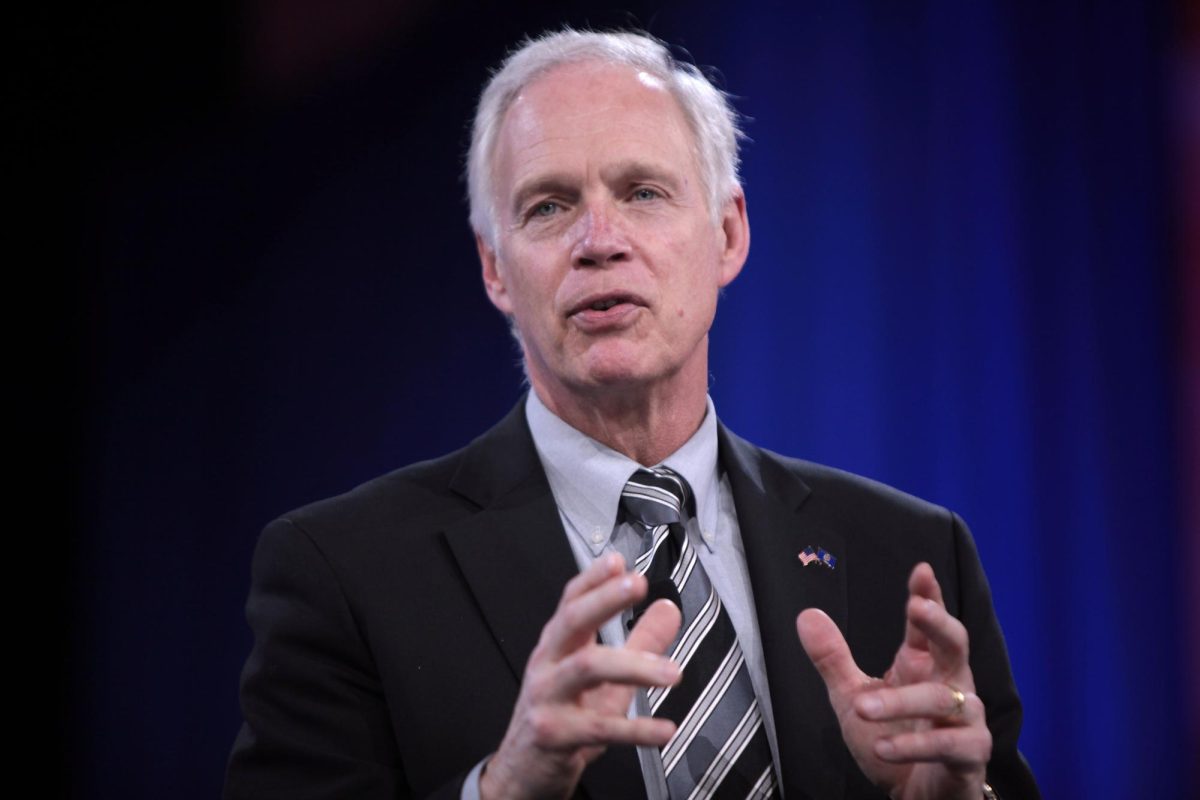“Chalak Kaveh traveled from Oslo, Norway to UW Oshkosh this week to give a presentation about civic engagement as part of this year’s GeoQuest series. Kaveh emigrated from Mahabad, Iran to Norway when he was 12 years old and has since become a historian.
Elizabeth Barron of the Geography Department knows him personally and invited him to give a historical-geography-geared talk.
“As geographers, we are invested in students at this university learning more about the world and about different parts of the world, so we found that it was a really good opportunity to bring in a speaker to talk about a part of the world that is very complicated and has a lot going on,” Barron said.
Student Alia Carroll also said there are benefits to bringing diverse speakers to campus.
“Personally, I really enjoy hearing the perspectives of international speakers,” Carroll said. “I think it is extremely important to be exposed to information and viewpoints from educators outside our comfort zones.”
Civic engagement, one of three branches of the University Studies Program here on campus, was a key component of the speech. According to Dr. Barron, three different Quest classes were in attendance as well as geography students.
Kaveh said civic engagement is important for people from every part of the world.
“You, as American students and American youth, should care about other people in other parts of the world because in the end, you have much more in common with other youth than you do with adults, and you can be a force of change,” Kaveh said. “The same applies to women. If women are oppressed in patriarchal structures, they should unite because it would be in each others’ interest. In other words, I think civic engagement has to be global in many aspects. I think ethnicity and nationalism is a trap.”
Kaveh’s presentation spoke explicitly about the Kurdish people, who are an important ethnic group in the Middle East that live in four different countries. Kaveh outlined the struggles they face with civic engagement because they are not all in one country to bring their ideas together.
Kaveh said this differs drastically from American society.
“Because of the state oppression, it won’t be easy always for a Kurd to freely, openly engage, so where civic engagement for you is a natural thing, for him or for her [Kurds] it will be a privilege, which has to be fought, no?” Kaveh said.
Kaveh said he hopes what students take away from his presentation is an appreciation for their civil liberties.
“I hope they don’t take democracy and civil rights and the civil right to oppose the government for granted,” Kaveh said. “It’s very important. Young students should be engaged. It’s very important for the world.”
Carroll reiterated this idea.
“This presentation has opened my eyes to how different civic engagement can vary across the world and how privileged we are in the United States,” Carroll said.
Barron said Kaveh is a good example of what can come from the enriching experience of helping people from other countries find a better life elsewhere.
“Even though Chalak didn’t talk about this at all, I think it’s really beneficial for us here, and our students, to, in a way, see someone that was resettled into another country, but 25 years later,” Barron said. “He left Kurdistan and where he grew up and was resettled into Norway and now has become a very thoughtful, productive member of society.”








